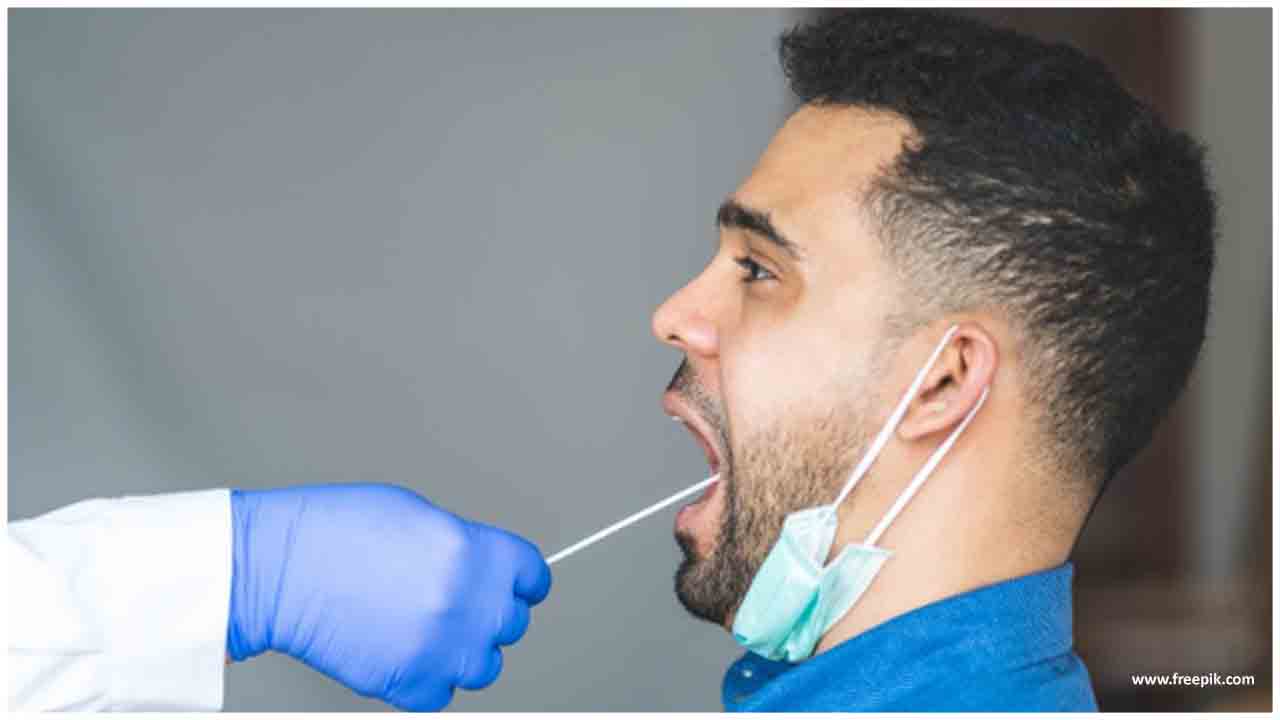A Sero-Prevalence study conducted in Delhi to understand the proportion of population exposed to corona infection shows that 23.48 per cent of the people are affected due to coronavirus. The results of the study show that on an average the prevalence of IgG antibodies is 23.48 percent in Delhi. The study also indicates that a large number of infected persons remain asymptomatic.
The Ministry of Health and Family Welfare commissioned a Sero-Surveillance study in Delhi. This study has been done by the National Center for Disease Control in collaboration with the Delhi Government.
This Study was conducted from 27th of June to 10th of July in all the 11 districts of Delhi. 21 thousand 387 blood samples were collected from selected individuals and were tested for IgG antibodies using the ELISA testing kits. It is one of the largest Sero-Prevalence studies conducted in the country using the ELISA testing. The tests have been done to identify the presence of antibodies in the general population. It provided information about past Covid-19 infection in individuals who tested positive. The Ministry said, a significant proportion of the population is still vulnerable and the containment and preventive measures need to continue with the same intensity.
Our correspondent reports that antibody testing like Sero-Surveillance provides important evidence for assessing the spread of the pandemic. Depending upon the level of sero-prevalence of infection, appropriate public health interventions can be planned and implemented for prevention and control of the disease. As per the Indian Council of Medical Research, periodic sero-surveys are useful to guide the policy makers to conduct surveys in high risk areas or vulnerable populations who have been infected in the past and have now recovered.
Dr. Sanjay Rai , Professor of Community Medicine in AIIMS, Delhi, hailed the Delhi Sero Survey Report as a positive development. He said, the dwindling numbers of new cases in the Capital City also indicate that people in the city have started showing natural resistance towards the CoronaVirus. Dr. Rai however cautioned the public not to let down their guards and continue wearing masks and maintain physical distancing.
Meanwhile, the Central Government has asked the States and Union Territories Governments to increase testing capacities to deal with Covid-19 pandemic. In a letter written to all the States and Union Territories’ Governments, the Health and Family Welfare Ministry and the Indian Council of Medical Research said that the evolving scenario demands for enhanced testing capabilities to handle any surge in testing demand.
The Central Government said, more labs for COVID-19 testing should be added and existing testing capacity can be enhanced. Government has also devised a strategy to enhance the testing which includes short term and long term measures.
As a short term measure, the Central Government has suggested that RT-PCR machines available with the research and educational institutions under the State and Central Government be temporarily deployed in the District Hospitals and testing labs. Besides, the States and Union Territories have been asked to procure rapid antigen kits to enhance their testing potential. The Health Ministry said, addition of private diagnostic labs with two RT PCR machines each will enhance the capacity by 48 thousand tests per day. It advised to add at least five labs per State into the network.
As a medium term measure, the Central Government has asked the Government labs to procure 123 RT PCR machines which will enhance the capacity by 29,520 tests per day. The Health Ministry said, each government lab should have at least 2 RT PCR machines and one automated RNA extraction machine. It added that in 123 government labs, there is only one RT PCR machine.
The Ministry has advised that the District hospitals need to be provided with a BSL-11 facility with at least one RT PCR machine. It said, ICMR is procuring 125 automated RNA extraction machines and the state governments must procure additional RNA extraction machines to enhance testing capacity significantly.

 Delhi sero prevalence report says most of the affected are asymptotic
Delhi sero prevalence report says most of the affected are asymptotic










.jpeg)






.jpeg)





.jpeg)



.jpeg)
.jpeg)
